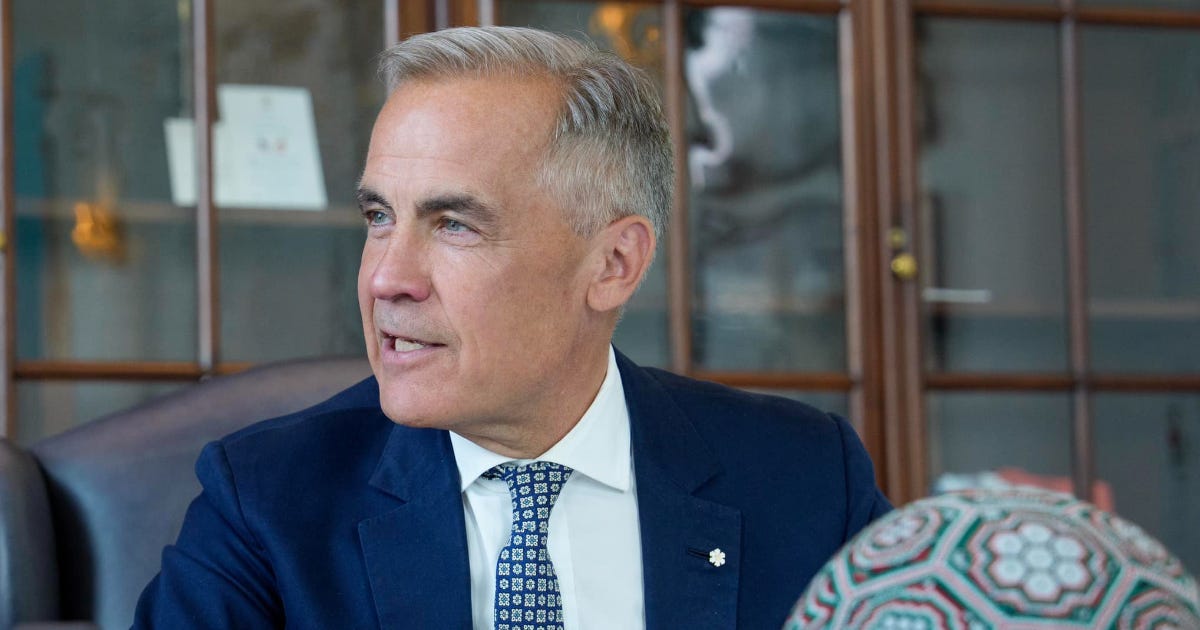Taxpayers advocates slam “hidden” carbon tax spike in Alberta deal
A new federal-Alberta agreement hikes the industrial carbon tax, and taxpayer watchdogs are warning it’s a direct attack on Canadian competitiveness that will intensify costs for everyday families.
A new federal-Alberta agreement hikes the industrial carbon tax, and taxpayer watchdogs are warning it’s a direct attack on Canadian competitiveness that will intensify costs for everyday families.
Franco Terrazzano, the CTF’s federal director, told True North the plan amounts to a “hidden carbon tax on businesses” that will raise prices while pushing investment out of the country.
“Hidden carbon taxes will make it harder for Canadian businesses to compete and will push Canadian entrepreneurs to shift production south of the border,” Terrazzano told reporters. “Politicians should not be forcing carbon taxes on Canadians with the hope that maybe one day we will get a major project built. Politicians should be scrapping all carbon taxes.”
The comments follow Prime Minister Mark Carney’s statement that the deal with Alberta would more than sixfold increase the industrial carbon price as part of a broader effort to build “low-emissions barrels” for export.
The MOU outlines collaboration on major emissions-reduction projects, including the Pathways Plus carbon capture system, and proposes a future approval process for a private-sector pipeline to the Pacific — though both Indigenous and British Columbia government approval would still be required.
Terrazzano argued the industrial price hike will feed directly into higher consumer costs, regardless of how the government labels the policy. “It doesn’t matter what politicians label their carbon taxes, all carbon taxes make life more expensive and don’t work,” he said.
“Carbon taxes on refineries make gas more expensive, carbon taxes on utilities make home heating more expensive and carbon taxes on fertilizer plants increase costs for farmers and that makes groceries more expensive,” he added.
He said the industrial price increase included in the deal represents “the worst of all worlds,” imposing upward pressure on prices while reducing the incentive for companies to expand production in Canada. “The hidden carbon tax on business is the worst of all worlds: higher prices and fewer Canadian jobs,” Terrazzano said.
The federal government has not yet released full modelling of the economic impacts associated with the proposed changes.




So what really is going on is that Danielle has purchased the MOU by agreeing to increased Carbon Taxes so that they can have a grand moment and photo op showing Albertans that we can work with Canada, and that Ottawa really does love us. Reality says that they love our money, and given a two year approval period it gives them a position to argue against Alberta Independence. People, do not buy into this BS. Alberta is only paying for an MOU and associated posturing. We need a free and independent Alberta NOW!
It's Carney.
You just had to know there are likely more worms in this deal (or perhaps even snakes) than can be counted.
How much of this BS from him actually gets implemented though before a single thing actually happens to get any given pipeline started?
It would not be surprising if a lot of Carney's Globalist, UN, Environmentalist BS gets done and nothing ever happens with respect to a single foot of pipeline.
That would be totally consistent for Carney and gang even with the absence of the guy who looked his very best in that orange jump suit.